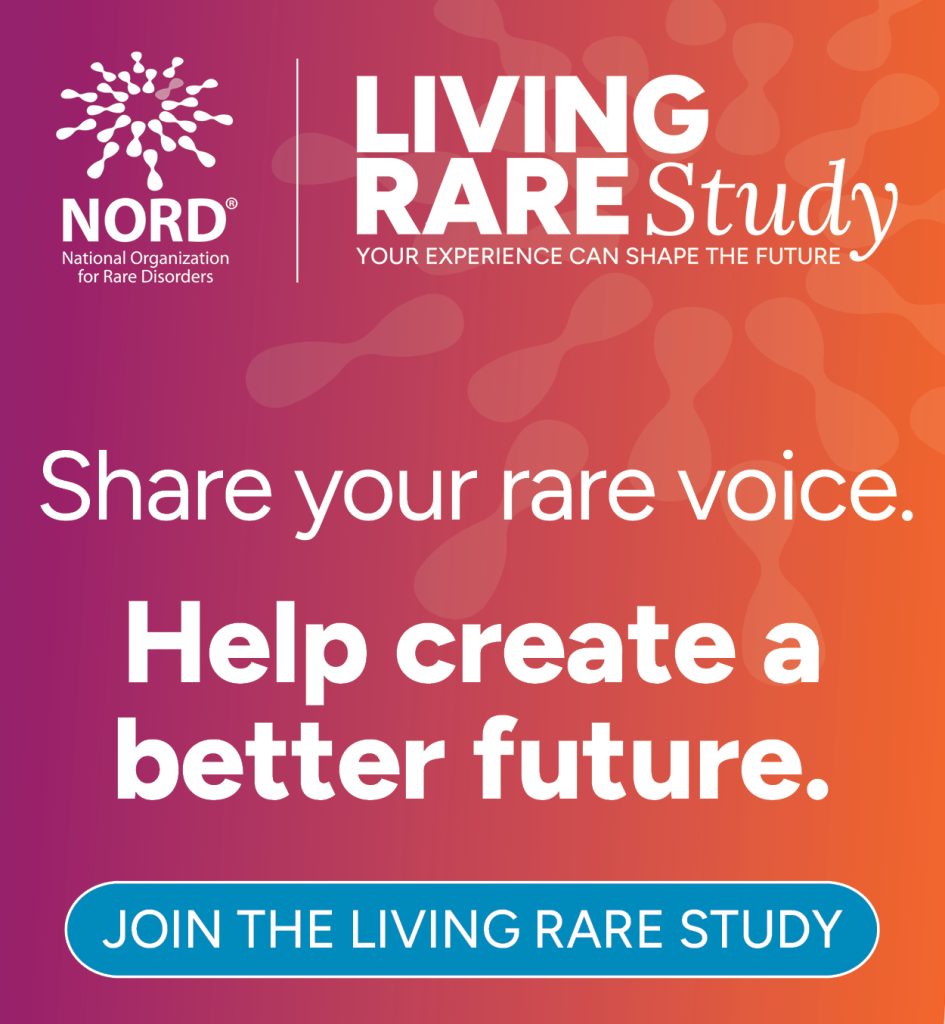At the Head of the Herd is… Lanie Etkind, Executive Director, Familial Dysautonomia Foundation
Lanie advocates for those affected by… familial dysautonomia (FD)
Lanie is located in… New York, NY
How Lanie got here… I first heard of this rare disorder when a friend’s son was born with it 14 years ago. I was merely a donor to the Foundation until I was coincidentally recruited for the Executive Director position three years ago.
How Lanie’s previous work experience lends itself to her work in the rare disease community… My entire career has been in fundraising, and I spent more than two decades as Director of Development for the hospice program in my community. While not a rare disease, during those years at hospice I learned a lot about working with families facing devastating health challenges and dealing with the loss of loved ones, as well as with building a sense of community around a common cause.
What the Familial Dysautonomia Foundation is hoping to accomplish this year… Like all nonprofits, when COVID-19 hit, all plans and projections for the year went out the window. Since March, we have faced canceled events and decreased donations. The key words during the pandemic seem to be “pivot” and “silver lining.” For example, we pivoted our annual conference from an in-person to a virtual event. The silver lining was that more people from around the country and around the world were able to join than ever before. We have also pivoted to find alternate sources of income to make up for losses as a result of the pandemic. Silver lining: a capacity-building seed grant from NORD.
How Lanie sees the Familial Dysautonomia Foundation changing in the next five years… The Foundation faces the challenge that its continued success portends its eventual demise. The Foundation funded research that, two decades ago, identified the gene that causes FD, leading to carrier testing and many fewer FD births. This means that with every loss, our community is shrinking. However, it’s important that we continue to ensure that communities at risk know about genetic testing. We also believe there may be many undiagnosed cases outside of the United States and Israel, where doctors have never seen or heard of familial dysautonomia. At the same time, there are a number of exciting new treatments in the research pipeline, and we are hopeful they will lead to substantially improved quality of life for people with FD in the very near future.
Lanie’s Dos and Don’ts for running an effective organization… There are many constituencies involved in running an effective organization: patients, families, board members, physicians, researchers, staff, donors, etc. It is important for all voices to be at the table. Also, it is important to prioritize and stay focused on the big picture; otherwise, it’s too easy to get bogged down in the minutia.
Where Lanie developed her leadership skills… I think some leadership skills are part of one’s personality; other skills are learned and acquired, through a combination of training, education, mentorship and on-the-job experience.
How Lanie remains hopeful… I see the positive impact we are having on people with familial dysautonomia each and every day.
How Lanie is taking advantage of NORD member resources… I see NORD as a valuable resource and reach out to them often for information and guidance. NORD has provided me with scholarship access to its annual conference, the Rare Diseases and Orphan Products Breakthrough Summit. We recently were awarded a seed grant from NORD’s COVID-19 Rapid Response Leadership Series. I participate in many NORD webinars.
If Lanie found a cure for familial dysautonomia and had to find a new mission… There are so many other good causes out there, I would just find another one that needed my help!
The last book Lanie read is… The Vanishing Half by Brit Bennett
In her free time, Lanie enjoys… reading, exercising and cooking.






